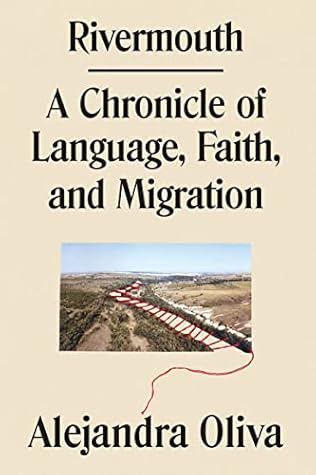More on this book
Kindle Notes & Highlights
Read between
January 1 - January 3, 2024
These unofficial policies, quick to institute and slow to remove, are how the majority of immigrant rights have been chipped away during the last several decades. It’s rarely something as big as an act of Congress, too small to rally people to organize or call in about that has made the difference in whether or not someone is allowed in. Instead, it’s a policy memo, a federal rule, an internal invisible shift at a time.
Everything in a comfortable American life is set up for complacency, for letting the river flow lazily past you. To get involved, to step in yourself means muddying the waters, creating a commotion where there was none. An empty riverbed, like the Rio Grande during the dry months, means numbness, an absence of feeling.
If you know nothing else about the world, it’s maybe not such an absurd proposition: Don’t come here, we don’t have room for you, and the journey is dangerous. The Statue of Liberty and the Great American Melting Pot and Cher Horowitz aside, being a person alive in the United States of America today is often enough evidence that it’s not a country that’s doing particularly well, or that’s particularly welcoming.
We fight for a world in which no one has to die in the desert, but until that day, we hold our dead sacred, try to find their names.
Asylum seekers and immigrants in detention centers are political prisoners. They are held against their wills for a political belief, manifested into action: that they deserve life, that they deserve safety, that they deserve freedom and the ability to breathe easy, and that they should be allowed to immigrate to find these things.


